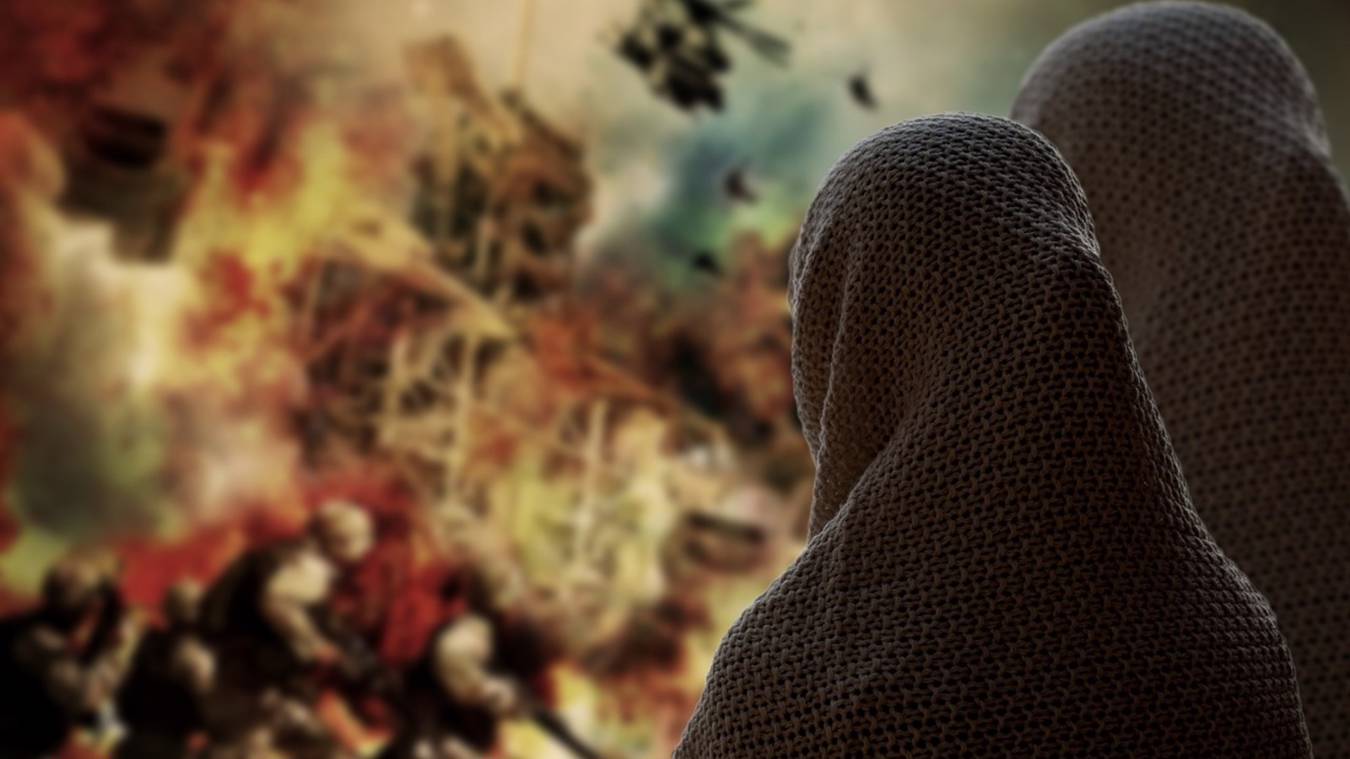
In light of recent developments in legal responses to fighting impunity for conflict-related sexual violence, it is important to take stock of what these responses have accomplished, where they fall short and how combatting sexual violence is integral to peacebuilding.
In 2017, the International Criminal Tribunal for the former Yugoslavia (ICTY) is approaching the end of its mandate. The International Criminal Tribunal for Rwanda ended its work in 2015 and the International Criminal Court (ICC) is facing a possible exodus of several African countries withdrawing from the court.
Further, the Preventing Sexual Violence in Conflict Initiative (PSVI) by the United Kingdom has resulted in the International Protocol on the Documentation and Investigation of Sexual Violence in Conflict. The protocol was finalized in 2016 with funding from the UK Foreign and Commonwealth Office and serves as a resource tool for first responders and others who deal with sexual violence crimes in conflict zones.
But are these legal responses to fighting impunity for conflict-related sexual violence the only game in town? This is the question that will be discussed at the upcoming Missing Peace Symposium 2017 in Oslo, which will be attended by a range of academics, policy-makers and practitioners.
A report synthesising the perspectives from the symposium is available here.
Background
The Missing Peace Symposium 2017 is part of a larger collaborative effort called the Missing Peace Initiative. The Initiative is a joint project of:
- the United States Institute of Peace (USIP)
- the Human Rights Center at the University of California, Berkeley
- the Peace Research Institute Oslo (PRIO), and
- the Women In International Security (WIIS)
The Missing Peace Initiative brings together expert scholars, policymakers, practitioners, and military and civil society actors. By bringing together these different actors, the initiative aims to examine the issue of sexual violence in conflict and post-conflict settings, identify gaps in knowledge and reporting and explore how to increase the effectiveness of current responses to such violence.
The Missing Peace Symposium 2017 is organised by the PRIO Centre on Gender, Peace and Security together with the partners of the Missing Peace Initiative – the Human Rights Center at the University of California, Berkeley, and the United States Institute of Peace (USIP), and Women In International Security (WIIS) – and with funding from the Norwegian Ministry of Foreign Affairs.
Contact: Julie M. Hansen, julhan@prio.org





